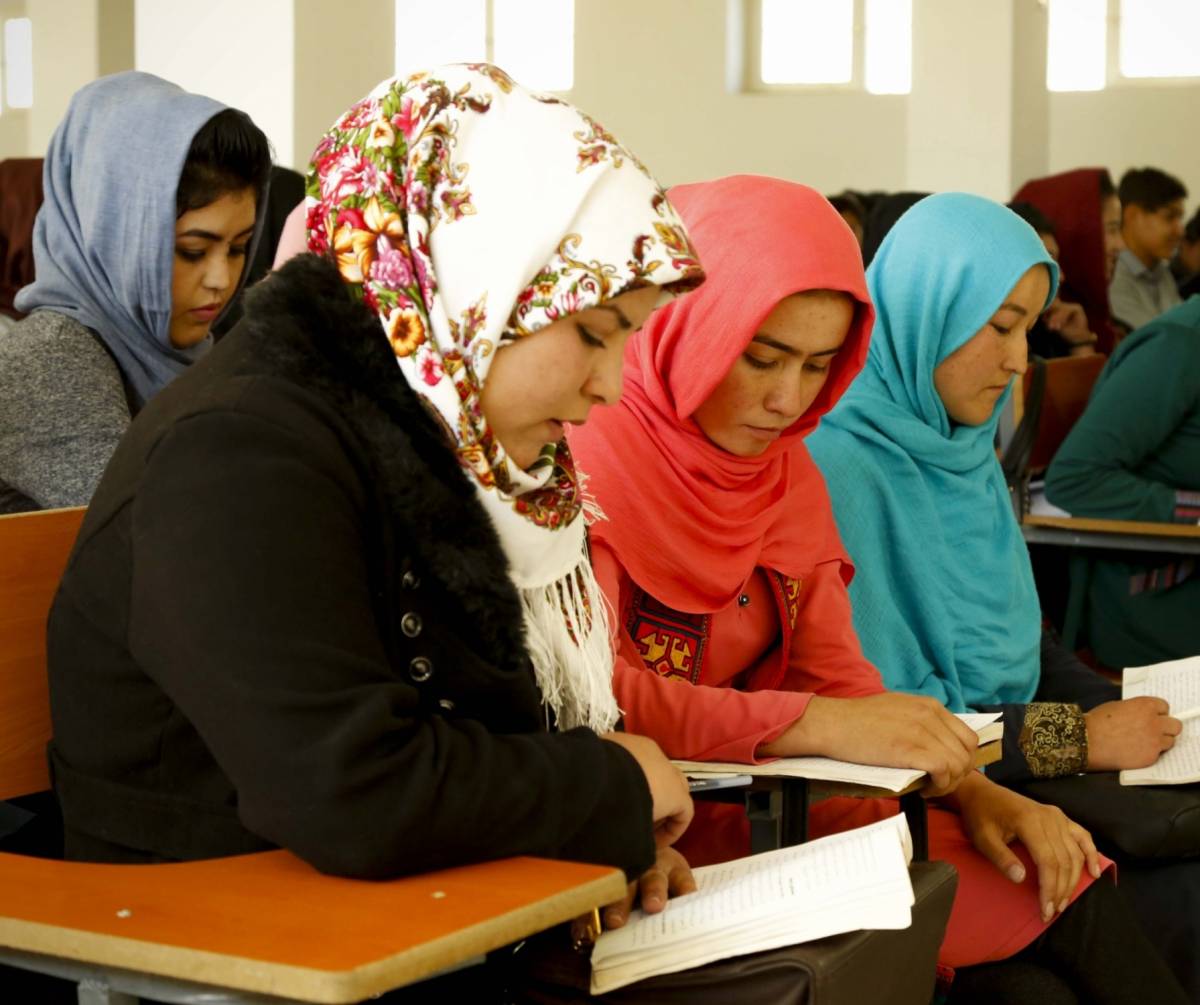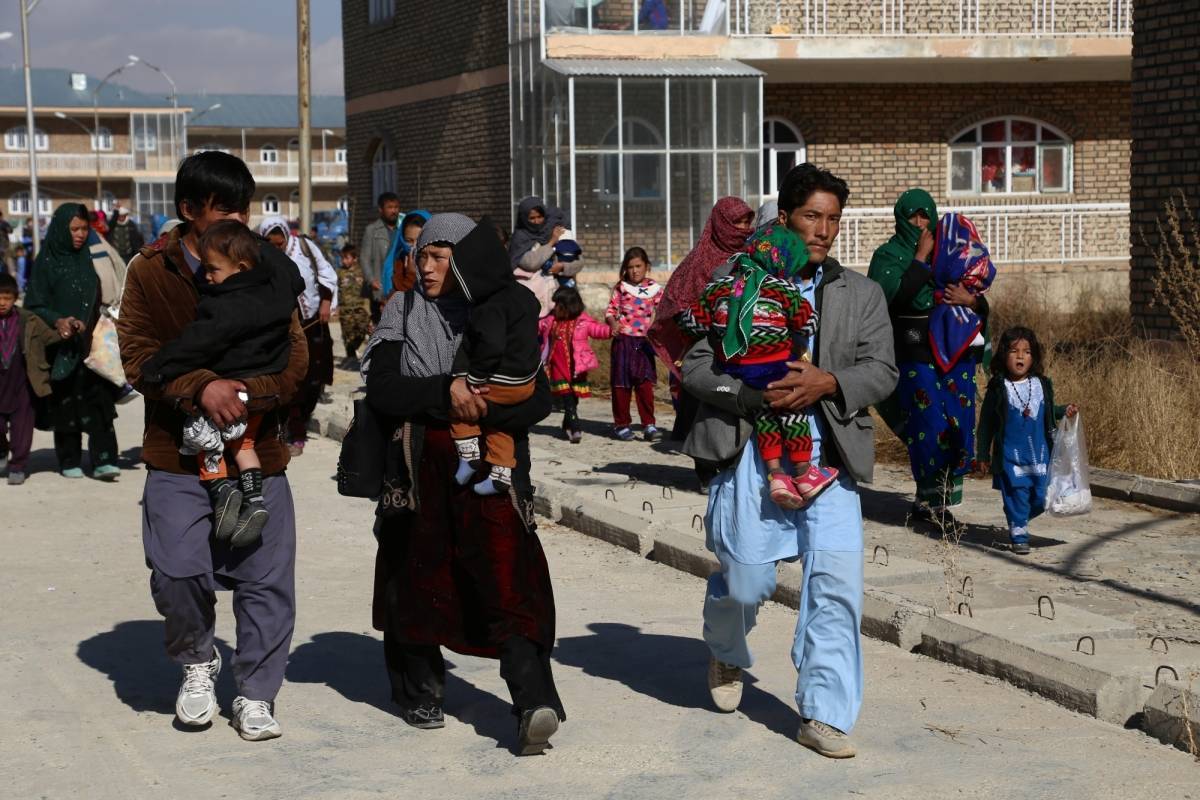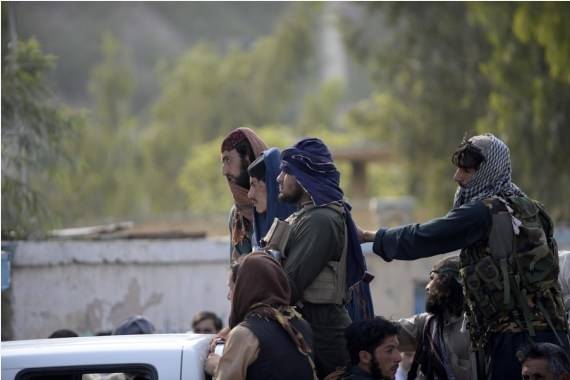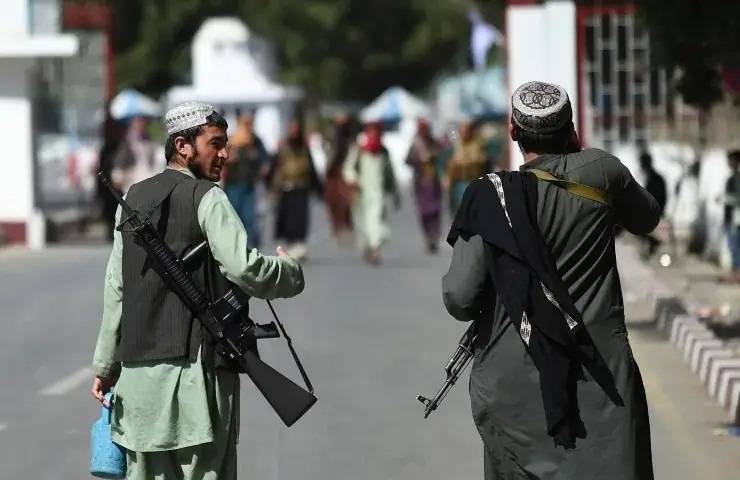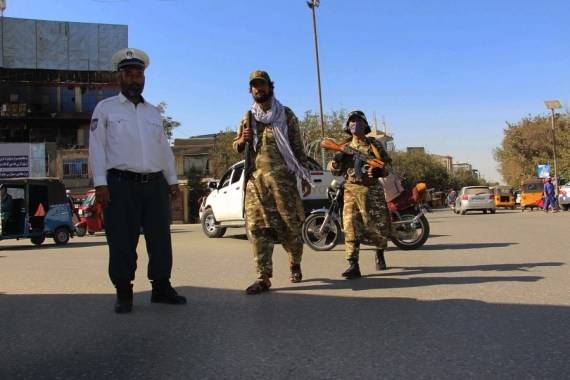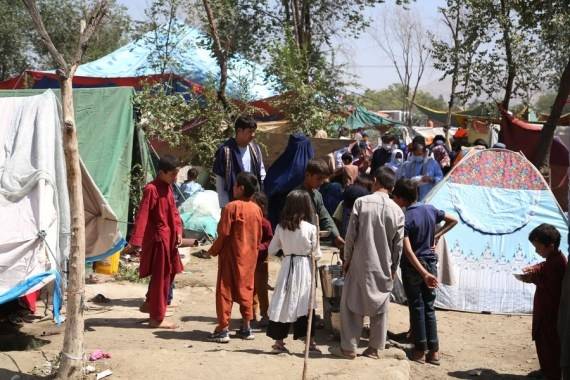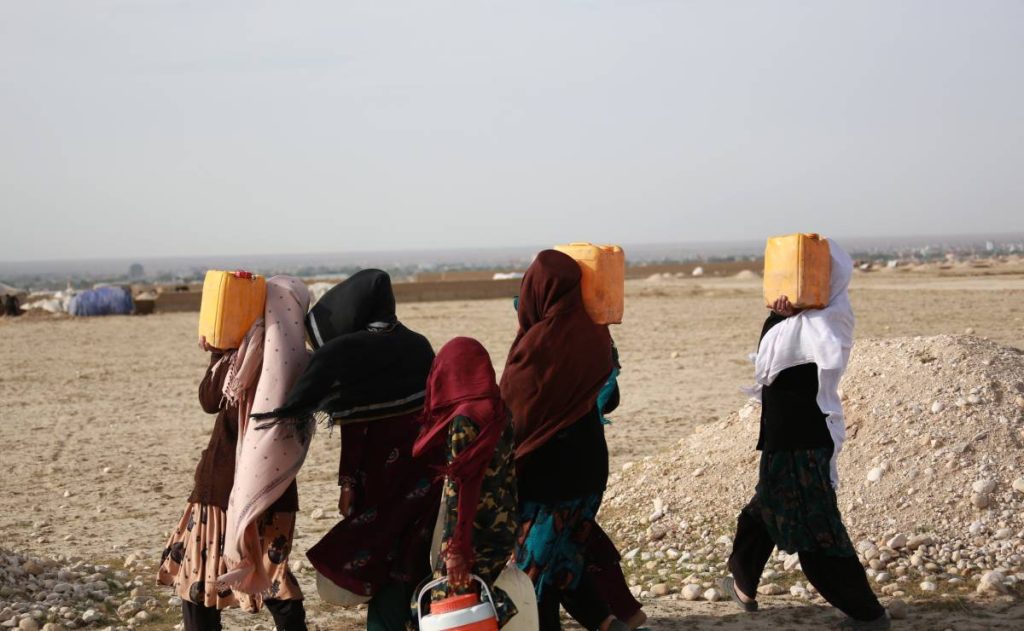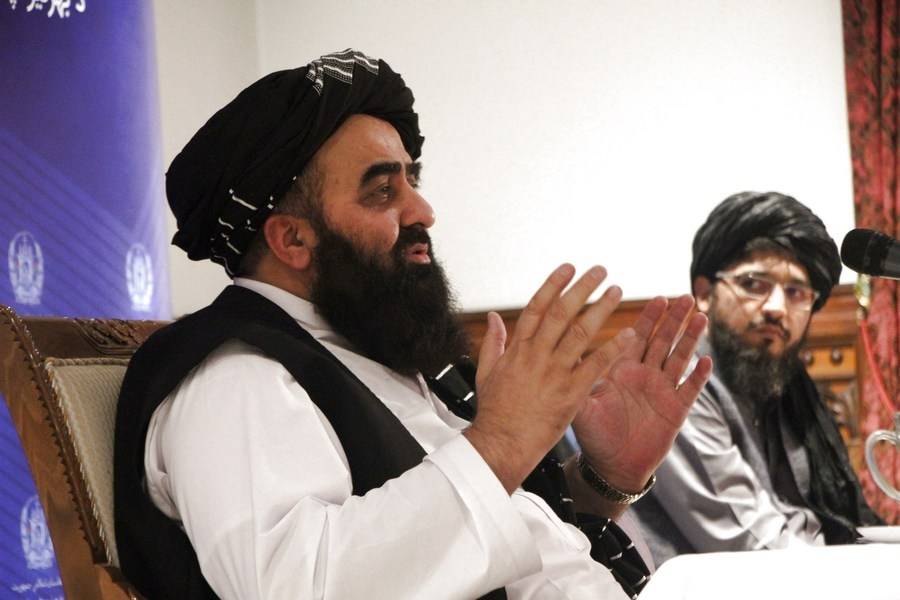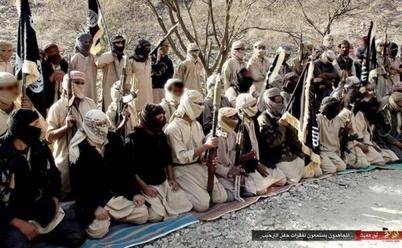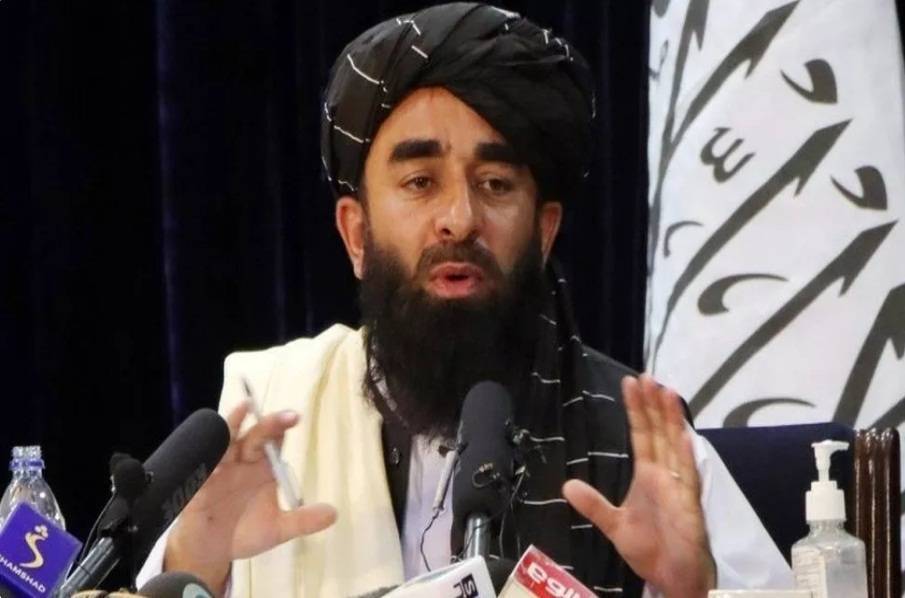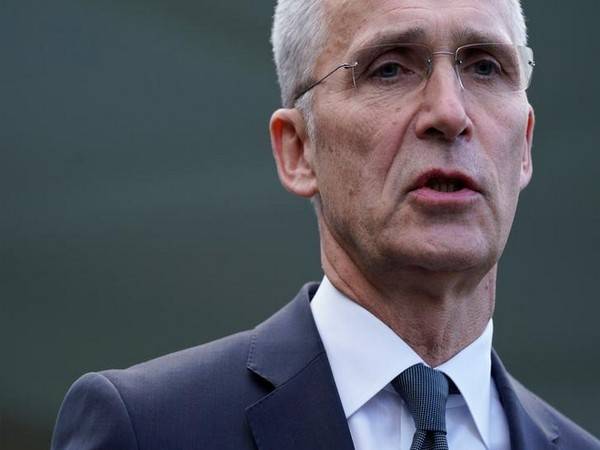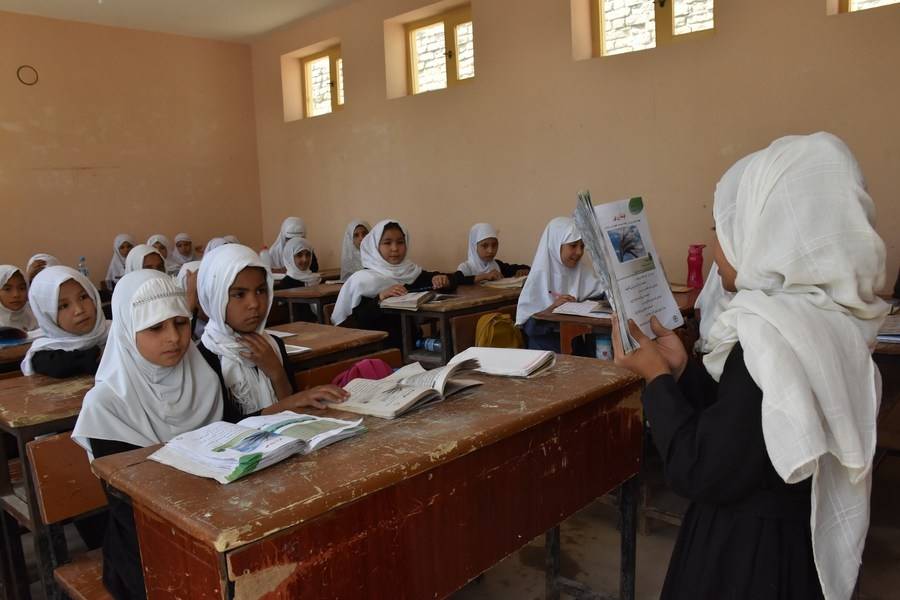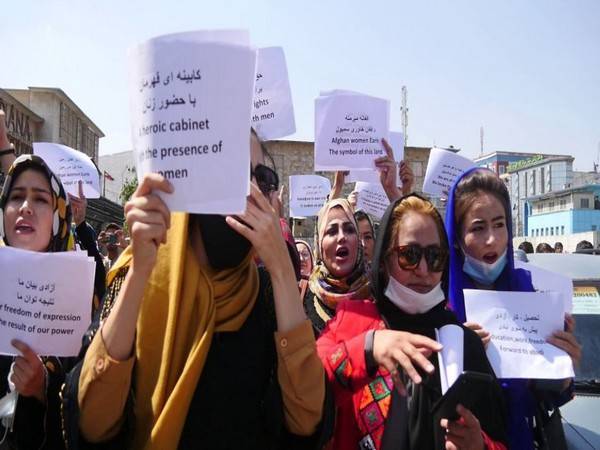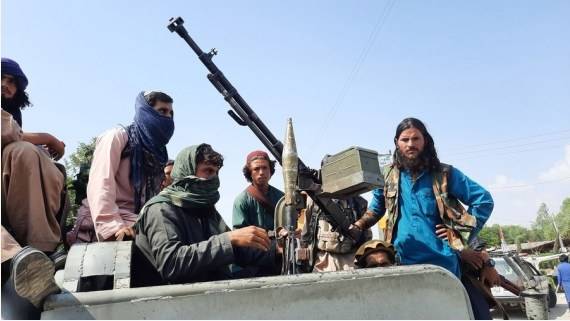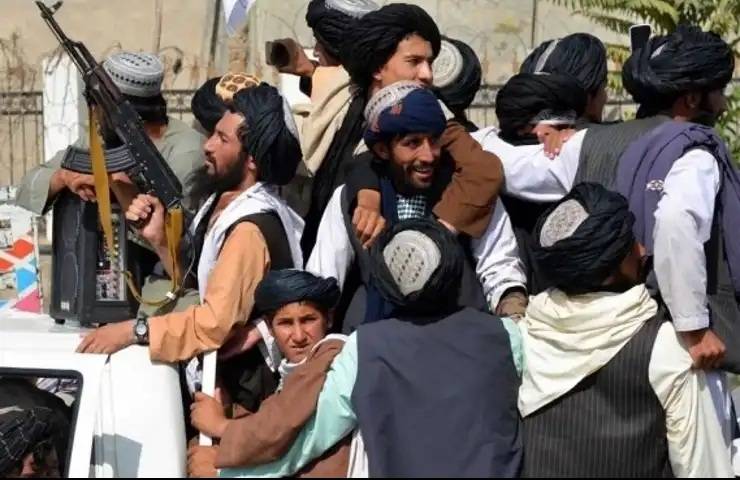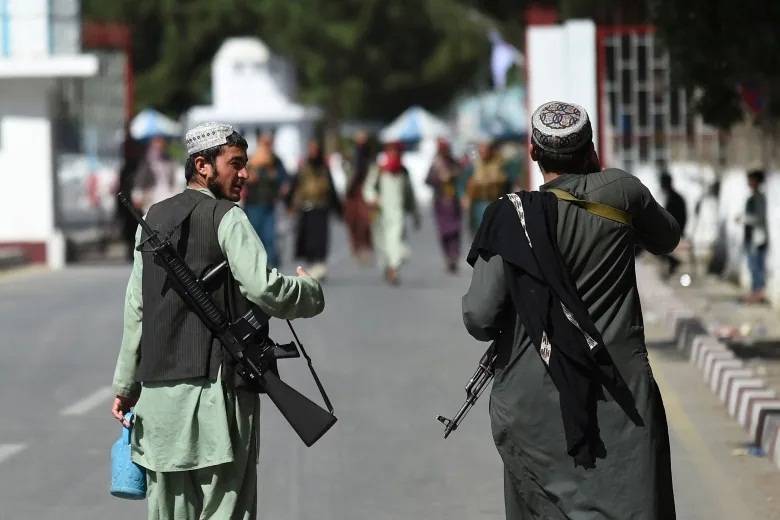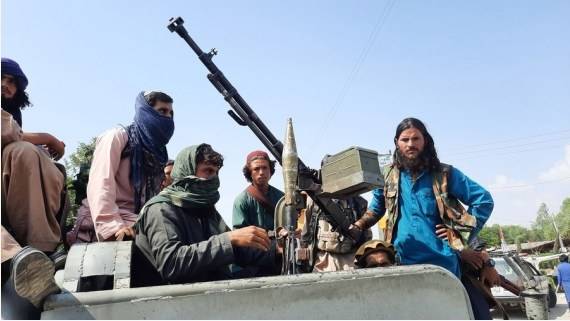It’s a searing reminder of the state of girls’ education inside an Afghanistan in limbo, with next to no input from the gender suffering most amid the Taliban takeover, said McKay….reports Asian Lite News
Afghanistan’s takeover by the Taliban has been harsher for the women and girls of the war-torn country despite the group’s assurances to protect their rights.
Hollie McKay, an author, writer on wars and foreign policy, writing in Deadline, a US-based entertainment daily, said that the state of girls’ education is in oblivion. Ministry of Education is filled with the Taliban government’s most devout – as evidenced by their long beards and constant twisting of prayer beads, without a single woman inside the bustling halls or walls.
It’s a searing reminder of the state of girls’ education inside an Afghanistan in limbo, with next to no input from the gender suffering most amid the Taliban takeover, said McKay.
While boys of all ages were ordered back to classrooms last month, girls’ education after the sixth grade – including some universities – has been indefinitely put on hold by the Islamic Emirate.
While private schools continue, the vast majority of Afghan girls and women who rely on the public education system are relegated to the home until further notice.
“Amendments will be made based on our new laws. Islamic scholars will make the decisions,” said Abdul Hakeim, chief of staff for the Minister of Education.
“We want an Islamic perspective, and this means separate classes and transport. Once this is sorted out, girls can continue education for a lifetime.”
“We cannot teach our kids music and other things which are not part of our society,” Hakeim said, adding that the Taliban of 2021 will be far more open-minded than the rule that started in the 1990s.
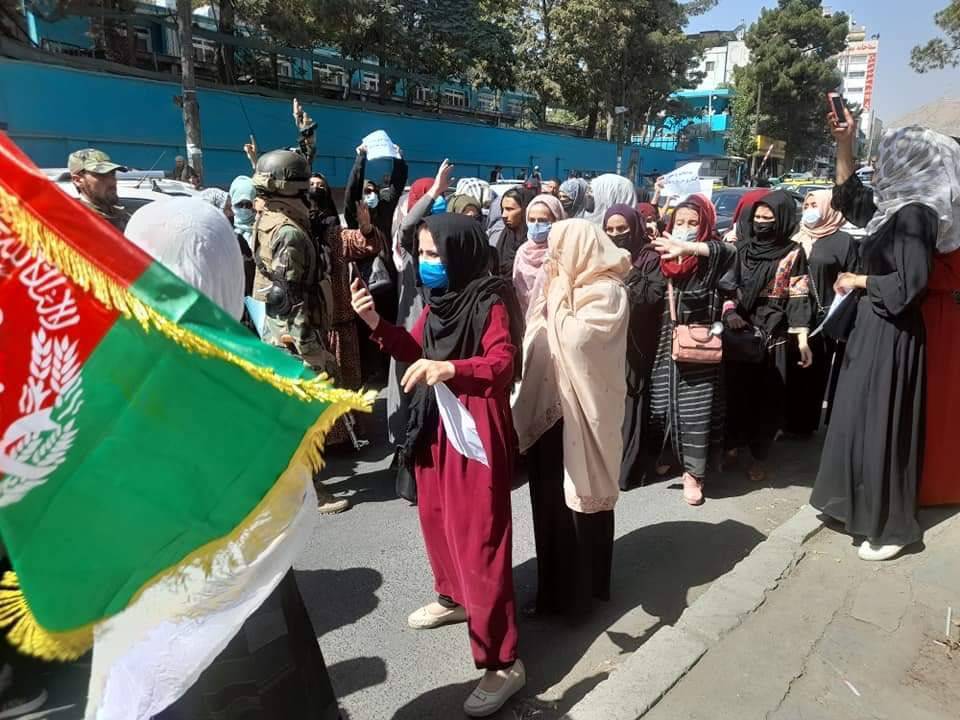
“Now, we have advanced policies and strategies to catch up with the world. Back then, we did not have access to the resources and no capacity for new buildings or schools. Now we have much more power to make the changes.”
McKay said that she heard such justifications on multiple occasions.
Mawlawi Noor Ahmad Saeed, Director of Information and Culture for Kandahar province stressed that “the whole issue is about transport” and that it will “take time” to make sure girls and women have entirely separate transit and infrastructure facilities.
The Deputy Minister of Religious Affairs, Hafiz Habib, insisted that Islam allows “full rights” to women’s education. A leader inside the much-feared Ministry for Propagation of Virtue and Prevention of Vice, Mohammad Yousuf, echoed that the new government won’t deprive girls of the right to full and proper schooling, reported Deadline.
McKay also recounted her meeting with Imam Mawlawi Hayat Khan, who said that the reason for separation – and why women should cover their whole face except for the eyes – is so that men do not get “too tempted.”
As it stands in Afghanistan, most students do a half-day at regular school and spend the other half intensifying their religious studies in a madrassa.
Meanwhile, the official Taliban spokesperson Bilal Karimi assured that the stoppage is only temporary.
With each passing day, Afghanistan as a whole dips deeper into poverty. With economic assets frozen and little diplomatic recognition from the outside world, the UN estimates that 97 per cent of the 38 million will have plunged into destitution by mid-2022 without urgent action from the outside world, reported Deadline.
And needless to say, it is almost always the women and girls who will suffer the haunting repercussions, said McKay. (ANI)

